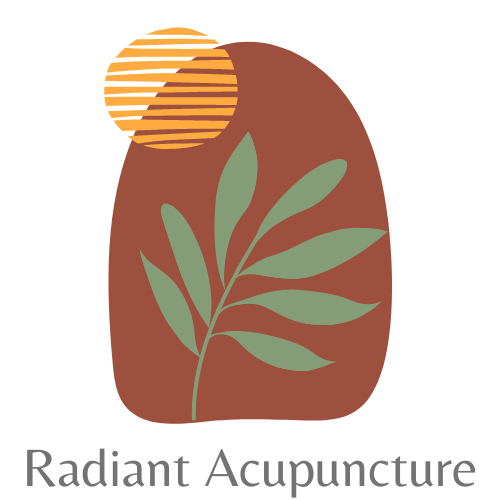The Vagus Nerve
The vagus nerve is like the body’s secret superhighway, running from the brainstem all the way down to the colon. It plays a huge role in regulating important functions like digestion, heart rate, breathing, and even your immune system. It’s a key part of the parasympathetic nervous system—the part that helps you relax, digest, and recover from stress.
When the vagus nerve is activated, it promotes relaxation, lowers your heart rate, supports digestion, and boosts your immune system. But when it’s not functioning properly, you might experience things like digestive issues, heart palpitations, or even immune problems. Research even shows that low vagus nerve activity is linked to conditions like heart disease, cancer, and chronic illnesses.
How Can You Stimulate the Vagus Nerve?
There are a few ways to stimulate the vagus nerve, ranging from medical interventions to things you can do at home. Medical procedures like Vagus Nerve Stimulation (VNS) are used for conditions like epilepsy and depression, but there are gentler, manual methods too. Acupuncture, for example, is one of my favorite tools to help activate the vagus nerve naturally and support your body’s balance.
At home, simple practices like deep breathing, humming, gargling, or cold exposure can help activate the vagus nerve and encourage relaxation and a better mood. These techniques are generally safe, but it’s always a good idea to check in with a healthcare provider to make sure they’re right for you.
Vagus Nerve Reset with Acupuncture
One of the things I love about acupuncture is its ability to stimulate the vagus nerve. By placing needles at specific points on the body, acupuncture helps regulate nerve activity, release neurotransmitters, and even reduce inflammation. Research shows that auricular acupuncture (targeting the ear) is especially effective for modulating the vagus nerve and could even help prevent neurodegenerative diseases.
There are several acupuncture points that can help influence vagus nerve activity, including Ren 12, Ren 17, Heart 7, Stomach 36, Pericardium 6, Lung 7, Du 20, Stomach 9, and specific points on the ear. Stimulating these points can help regulate the autonomic nervous system, improve digestion, reduce inflammation, and promote overall relaxation.
The Benefits of Acupuncture for Vagus Nerve Health
Research supports what I see in my practice every day—acupuncture is a safe, natural way to stimulate the vagus nerve and improve heart rate variability, reduce inflammation, and restore balance to the nervous system. It’s a great complement to other treatments for conditions related to vagus nerve dysfunction.
Exercises to Boost Vagus Nerve Health
There are also simple exercises that can help stimulate the vagus nerve, like deep breathing, meditation, yoga, and even massage. These are great tools to use alongside acupuncture and can be easily incorporated into your daily routine.
What Happens When the Vagus Nerve Isn’t Functioning Properly?
When the vagus nerve is out of balance, you might notice things like digestive issues, heart palpitations, anxiety, or even autoimmune conditions. Stress, inflammation, or nerve damage can all contribute to vagus nerve dysfunction, but natural treatments like acupuncture, meditation, and deep breathing exercises can help improve its function and bring your body back into balance.
How to Know If Your Vagal Tone Is Low
Vagal tone is basically a measure of how well your vagus nerve is working. It’s often assessed by looking at heart rate variability (HRV), which is the change in your heart rate as you breathe. If your vagal tone is low, it might mean you struggle to recover from stress quickly, feel anxious or worried even after the stress is gone, or experience digestive issues during stressful times. Improving vagal tone helps you feel more resilient, balanced, and able to handle life’s challenges.
Supporting Your Vagus Nerve with Acupuncture
The vagus nerve plays a crucial role in regulating your body’s key functions. Acupuncture, combined with simple exercises, can help support vagus nerve health, promoting better digestion, relaxation, and overall well-being. If you’re dealing with symptoms like anxiety, digestive problems, or low energy, acupuncture might be just what you need to feel better.
If you’re curious about how acupuncture can support your vagus nerve and improve your health please reach out! Let’s get you feeling your best!

